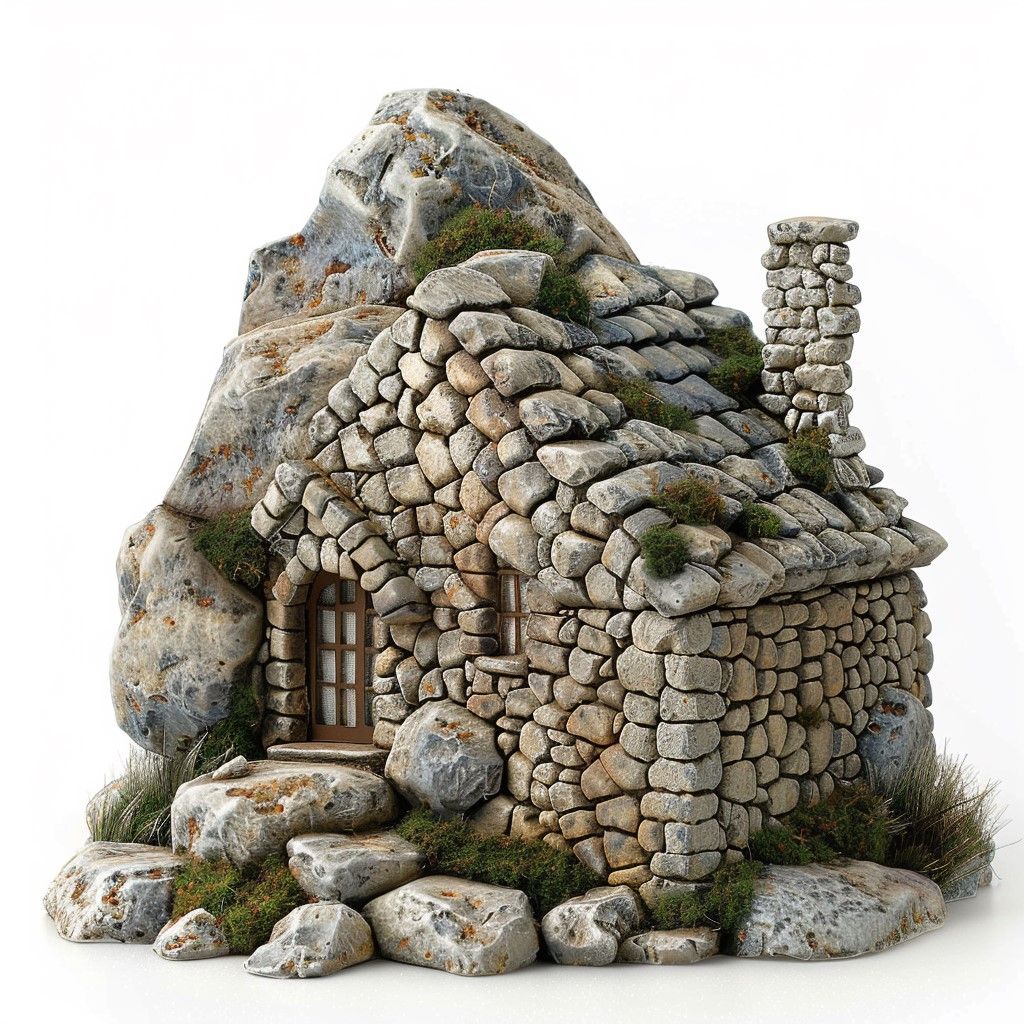"Empowering educators and parents across Europe to guide adolescents towards maturity through role-based development"
"Guiding Roles, Shaping Futures"

"Understanding your role is the first step to mastering it. At ore.clinic, we help you navigate your roles as an educator, parent, or teen."
Understanding Your Teen's Behavior: Role Theory Explains
Parenting a teenager can often feel like navigating uncharted waters. One moment, your child is a sweet, cooperative youngster; the next, they're a moody, rebellious teen. As Harry Potter's mentor Albus Dumbledore wisely noted, "Youth cannot know how age thinks and feels. But old men are guilty if they forget what it was to be young." (Harry Potter and the Order of the Phoenix). This sentiment beautifully captures the challenge of understanding our teens.
Role theory, a cornerstone of social psychology and sociology, offers a fascinating lens through which we can decode teenage behavior. According to this theory, individuals, including teenagers, behave in ways that align with the roles they believe they should play in society (Biddle, 1986). These roles are shaped by societal expectations, peer influences, and personal aspirations.
During adolescence, teens are not just playing one role but juggling multiple roles simultaneously. They may be a student, a friend, a sibling, a team member, and more. Each role comes with its own set of expectations and potential conflicts. As the character Ferris Bueller famously quipped in "Ferris Bueller's Day Off," "Life moves pretty fast. If you don't stop and look around once in a while, you could miss it." This encapsulates the whirlwind of roles and experiences that teens navigate daily.
Research published in the Journal of Adolescence (2022) suggests that role conflicts are a significant source of stress for teenagers. When the expectations of different roles clash – for example, being a diligent student versus a "cool" friend – it can lead to confusion, anxiety, and seemingly erratic behavior. Understanding this can help parents approach their teens with more empathy and patience.
At ore.clinic, we delve deeper into these concepts, providing parents and educators with practical tools to support teenagers through this tumultuous period. Our expert-led courses explore various aspects of teenage development, including identity formation, social dynamics, and emotional regulation.
Remember, as parents, we play a crucial role in helping our teens navigate their various roles. As the great filmmaker Martin Scorsese once said, "The most personal is the most creative." By understanding and acknowledging the unique roles your teen is trying to fulfill, you can create a more supportive and nurturing environment for their growth.
Ready to embark on this journey of understanding your teen? Join us at ore.clinic, where we're "Ready for the role carousel!". Explore our resources, engage with our community, and gain invaluable insights into the fascinating world of teenage development through the lens of role theory.
